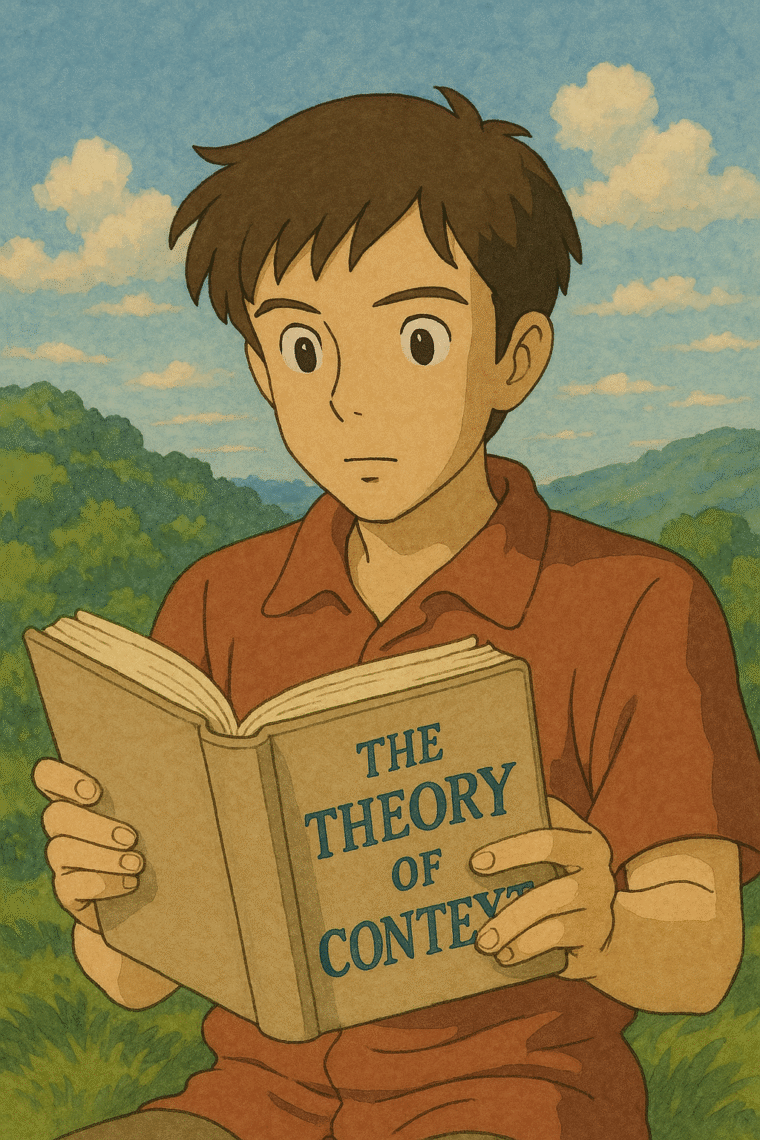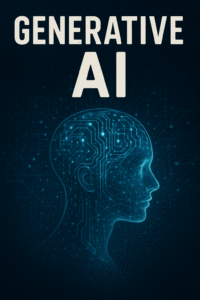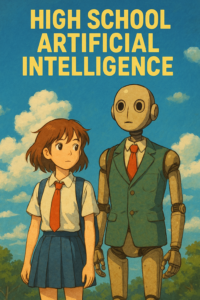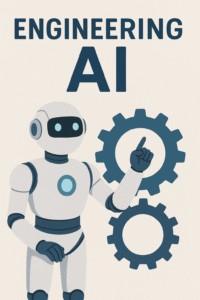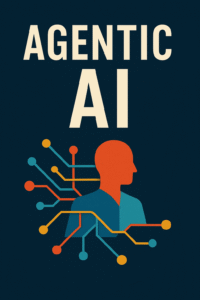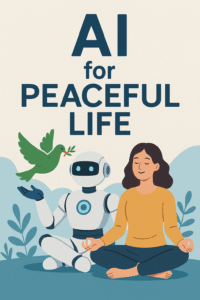Dr.Thyagaraju G S
Just like Einstein’s Theory of Relativity changed the way we understand space and time, today we need a new big idea—something that can help us understand not just the universe, but also how humans and machines work together. This new idea is what we can call the “Theory of Context.”
What Is Context and Why Is It Important?
Context means the background, situation, or environment in which something happens. For example:
- A word can have different meanings depending on the sentence.
- A smile might mean something friendly, nervous, or fake depending on who’s smiling and why.
- A forest could be seen as wood for a company, a sacred place for a tribe, or a home for animals.
Without context, we often misunderstand things. This is true for humans—and especially true for machines.
Today, AI can process huge amounts of information. It can recognize faces, translate languages, or drive cars. But AI still struggles to understand context, and without it, even the smartest system can make silly or dangerous mistakes.
Why We Need a Theory of Context
In the past, people thought time and space were fixed. Einstein showed they change depending on where you are and how fast you’re moving. In the same way, we often assume meaning is fixed. But meaning also changes depending on context.
That’s why we need to ask:
- What exactly is context?
- Can we define it clearly, like we do with time and space?
- Can we build machines that truly understand it?
- How does it affect how people think, learn, and make decisions?
A “Theory of Context” would help answer these questions. It would come from many areas—like science, psychology, computer science, language studies, and even philosophy.
Understanding the Universe Through Context
The universe is not just made of atoms and energy. It’s also full of meaning, experiences, and relationships. These things don’t follow the same rules as gravity or motion—but they are just as real in our lives.
Imagine this:
- Two people see the same event, but understand it in totally different ways.
- A word or action may be kind in one culture and rude in another.
- A robot might respond to a command without knowing why it’s being asked.
To fully understand the universe—not just as scientists, but as living, thinking beings—we need to study how context shapes what we see and how we act.
How Context Can Make Technology Smarter
We interact with machines every day—through phones, apps, websites, smart speakers, and more. These interfaces are powerful, but often they don’t “get us.” Why?
Because they lack deep context.
Imagine a better kind of user interface (UI):
- It knows if you’re in a rush, relaxed, or upset—and changes how it talks to you.
- It suggests helpful things based on where you are and what you need.
- It avoids misunderstandings by reading your tone, habits, and past choices.
A Theory of Context could help build this kind of technology. It would make machines more helpful, more human-friendly, and better at solving real problems.
Context and AI: A New Way Forward
If we want machines to think and feel more like us, they need to understand the world like we do. That means not just reacting to data, but reading between the lines. They need to “sense” context—the way people do naturally.
Also, context may be important for understanding consciousness—that mysterious thing that makes us aware, creative, and emotional. Some thinkers believe that our sense of self and purpose comes not just from thoughts, but from the context in which those thoughts happen.
A New Vision for the Future
We live in a world where there’s plenty of information—but not always enough understanding. Context is what makes the difference between smart guesses and real wisdom.
That’s why we need a Theory of Context:
- To improve AI and technology.
- To help people and machines understand each other better.
- To explore new ideas about life, mind, and meaning.
- And to look at the universe not just through science—but through the lens of experience.
To build a future where humans and machines grow together, we must understand not just the what, but the why, where, and how.
It’s time to take context seriously—not as something small or vague, but as a powerful force that shapes everything we know.

